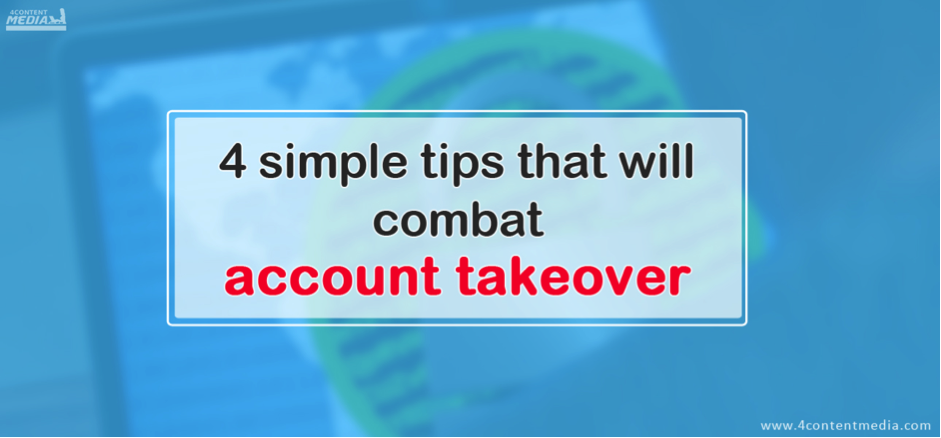In today’s digital era, where the Internet plays a vital role in our lives, it’s important to put security and privacy first. With the increase in cyber menace and data breaches, it’s imperative that you take steps to protect your private information online. For example, Maryland is a state well-known for online betting. And, privacy and security are paramount when it comes to this. In Maryland, BetMGM is a famous online betting platform offering flashy opportunities for sports betting and casino games.
To enhance the user experience, it often offers BetMGM bonus code Maryland which brings in additional perks and rewards. While these bonus codes may be attractive, it’s important to consider their privacy implications. BetMGM takes your privacy very seriously and employs strict security measures to protect your personal information. Similarly, other secured and trusted platforms use advanced encryption technology to protect sensitive data such as bank details and account information. Additionally, they adhere to strict privacy policies and regulations to ensure that user data is managed responsibly and not shared with third parties without consent.
It is important to follow online privacy best practices when using online tools. This includes using strong, rare passwords, enabling two-factor authentication, and guarding against phishing attacks. By taking these precautions and trusting users’ commitment to privacy, Maryland residents can enjoy their online experience with confidence and peace of mind.
Fortunately, there are many tools that can greatly improve your online security and privacy. In this article, we’ll take a look at some essential tools that can help you protect and keep your digital presence safe.
Antivirus software:
Malware and viruses pose a serious threat to your on-stream security. To protect against these malicious programs, it is essential to install reliable antivirus software on your device. Antivirus software scans your structured system for possible threats, blocks skeptical websites and downloads, and administers real-time protection against malware. Updating your antivirus software regularly ensures that you have the most up-to-date defense against new threats.
Virtual Private Network (VPN):

A virtual private network or a VPN is an essential tool for establishing online security and privacy. A VPN encrypts your internet network and routes it through secure servers, making it arduous for hackers and malicious organizations to intercept your data. It also masks your IP address, making it difficult to track your online activity. A VPN lets you surf the web anonymously, enter geo-restricted content, and defend sensitive information, especially if you’re using a public WiFi network.
Password manager:
It’s important to use strong, exclusive passwords for any online account to block unauthorized entry. However, remembering numerous complex passwords can be a disheartening task. This is where password managers come into play. A password manager securely stores your login details and generates strong passwords. You can also fill in your credentials automatically, saving you time and condensing the risk of using weak or repeated passwords. Password managers typically use encryption to look after your data, ensuring that your data remains protected even if the manager’s servers are compromised.
Two-factor authentication (2FA):
Two-factor authentication, or 2FA, is highly recommended to add an extra layer of security to your online accounts. 2FA requires you to provide two types of authentication, usually a password and a particular code sent to your certified mobile device to access your account. This extra step greatly reduces the chances of unauthorized access, even if the password is negotiated. Many online services, such as social media platforms and email providers, offer their 2FA as an option, and it’s important to enable it whenever possible.
Encrypted messaging apps:
Using an encrypted messaging app is essential when it comes to private communication and sharing sensitive information. These apps use end-to-end encryption to ensure that only the sender and intended recipients can access the message content. Popular encrypted messaging apps comprise Signal, WhatsApp, and Telegram. Encrypted messaging apps allow you to have secure and private conversations and protect your personal and confidential information from interfering eyes.
Browser extensions:
A variety of browser extensions are available to improve your online agreement and privacy. For example, an ad blocker protects you from malignant ads that may contain malware or redirects you to malicious websites. Privacy-focused extensions like Tracker Blocker and Script Blocker prevent third-party trackers from inspecting your online activities. Additionally, HTTPS Everywhere compels websites to use encrypted HTTPS connections to protect data in transit. These extensions can be connected to popular web browsers such as Google Chrome and Mozilla Firefox to provide an extra layer of protection when browsing the internet.
Secure cloud storage:
Cloud storage has developed to be an integral part of digital lives, allowing us to stock and contact files from anywhere. However, entrusting your data to a cloud storage provider can raise security and privacy concerns. Choosing a secure cloud storage service that offers end-to-end encryption ensures that your files are guaranteed and accessible only to authorized and safe parties. This makes it safer than ever. Nearly all online accounts now have cloud storage for added protection.
Thanks for reading this article. If you're new here, why don't you subscribe for regular updates via RSS feed or via email. You can also subscribe by following @techsling on Twitter or becoming our fan on Facebook. Thanks for visiting!























































































































































































